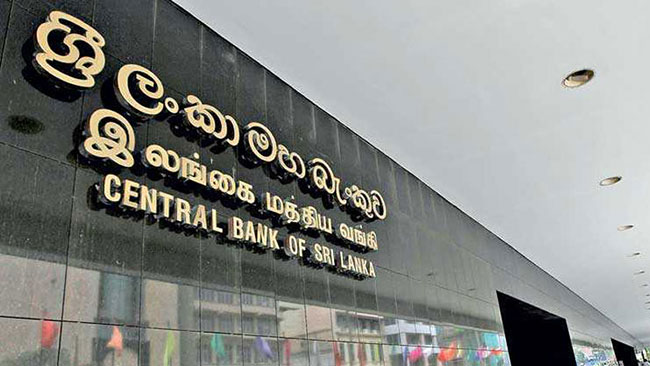In the wake of rising expenditure of essential imports and the ever increasing cost of living due to shortage of essential commodities, the government is exploring the possibility of implementing alternative methods to import essential food items, raw materials required for export-oriented industries and industrial goods.
Sri Lanka’s import expenses increased to US$ 21.6 billion in 2021, Governor of the Central Bank of Sri Lanka (CBSL) Ajith Nivard Cabraal has announced.
He pointed out that import expenses stood at US$ 16.1 billion in 2020 and US$ 19.9 billion in 2019. Cabraal further revealed that some individuals were now making an issue when Sri Lanka was prepared to pay its outstanding loans.
In October 2021, Sri Lanka imported US$ 97.7 million of foods and beverages down 20 percent from a year earlier.
However, investment goods were up 11.5 percent to $327 million and Intermediate goods were up 38.6 percent to $ 1,132 million.
Under this set up, three separate Cabinet Sub-Committees have been appointed to identify alternative methods for this purpose while removing all restrictions imposed by the government on the importation of essential and non-essential goods.
Accordingly, the cash deposit restrictions imposed by the Central Bank on the importation of non-essential goods will be removed and importers should take strict responsibility in importing goods after this concession is granted, CB Governor Nivard Cabraal said.
The Central Bank on September 08 last year decided to impose a 100 percent cash margin deposit requirement against the importation of selected goods of non-essential and non-urgent nature made under Letters of Credit and Documents against Acceptance terms with Licensed Commercial Banks and National Savings Bank, with immediate effect.
The Governor of the Central Bank said the government will aim to increase Gross Official Reserves to cover a minimum of 4 months of imports by March 2022.
Among other objectives are to achieve stable exchange rate and stable interest rates and Real GDP growth of around 5% in 2021 and 6.5% in 1Q-2022 and to stabilize inflation at mid-single digits.
The Government has appointed three separate Cabinet Sub-Committees to identify alternative methods to import essential food items, raw materials required for export-oriented industries and industrial goods.
Foreign Affairs Minister Prof. G.L. Peiris will head all three committees to hold discussions with key import countries such as China, Japan and the Middle East.
The committee appointed to discuss imports with China included Trade Minister Bandula Gunawardena, Industries Minister Wimal Weerawansa and Plantation Industries Minister Dr. Ramesh Pathirana.
The committee to discuss imports with Japan comprise; Health Minister Keheliya Rambukwella, Mass Media Minister Dullas Alahapperuma and Highways Minister Johnston Fernando, whilst the committee to hold discussions with Middle Eastern countries include Sports and Youth Minister Namal Rajapaksa and Justice Minister Ali Sabry.
“This was a joint Cabinet effort. The Finance Minister Basil Rajapaksa and Industries Minister Wimal Weerawansa tabled separate Cabinet proposals.
The Finance Minister suggested appointing separate committees to hold discussions with the key import countries in a collective manner.
Central Bank has already released around $15 million to clear containers with essential foods as part of an ongoing process while foreign exchange is being progressively released for essential imports Central Bank Governor Cabraal said.
Sri Lanka’s main importers have said about a thousand containers are stuck at the Colombo Port awaiting foreign exchange awaiting dollars releases by banks.
However others say about 300 containers are stuck due to problems with documentation and restricted items.
Media reports said potatoes and onions from India and Pakistan had been cleared this week, lowering some prices.
Sri Lanka has seen shortages of milk powder due to forex problems, LP Gas partly due to procedural delays, while prices of most goods are rising.
